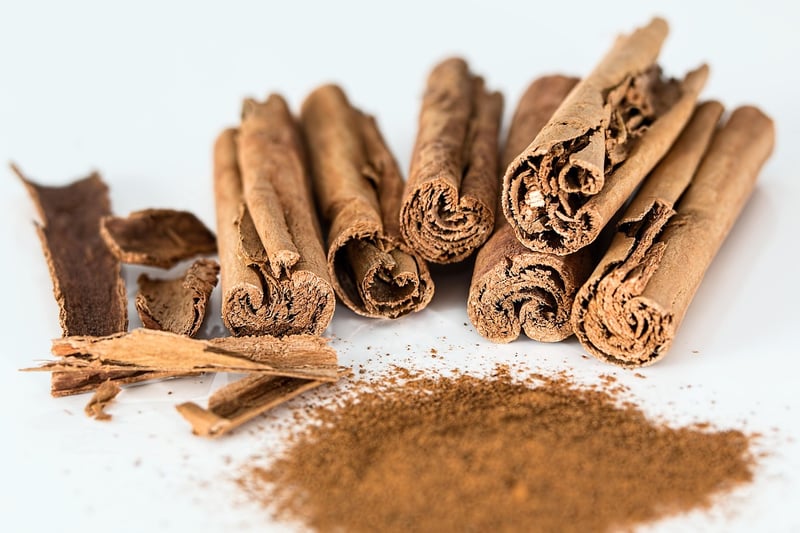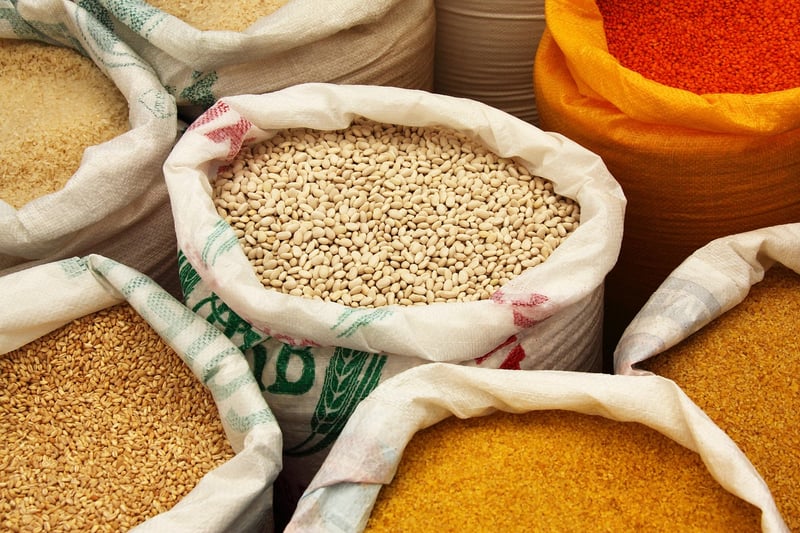Ethnic Spices
The Essential Components of Ethnic Spices
When it comes to adding rich flavors and aromatic profiles to dishes, ethnic spices play a crucial role in elevating the taste of various cuisines around the world. Let's delve into the key components that make up these flavorful additions.
1. Aromatic Spices
Aromatic spices are the heart and soul of ethnic cuisine. These spices are known for their strong fragrances and are often used in small quantities to enhance the overall flavor profile of a dish. Examples of aromatic spices include cinnamon, cardamom, cloves, and nutmeg.

2. Heat and Spice
Spices that add heat and spice to dishes are essential in many ethnic cuisines. Ingredients like chili powder, cayenne pepper, and paprika bring a fiery kick to dishes, adding depth and complexity to the flavor profile.

3. Earthy Flavors
Earthiness in dishes is often achieved through spices like cumin, turmeric, and coriander. These spices have a warm and grounding effect on dishes, providing a solid base of flavor that complements other components.

4. Herbal Notes
Herbs play a crucial role in enhancing the freshness and vibrancy of ethnic dishes. Ingredients like mint, cilantro, and parsley add a burst of herbal notes that brighten up the overall flavor profile of a dish.

5. Specialty Spices
Each ethnic cuisine has its own unique specialty spices that contribute to its distinctiveness. Whether it's garam masala in Indian cuisine, za'atar in Middle Eastern dishes, or five-spice powder in Chinese cooking, these specialty spices are essential for capturing the essence of a particular culinary tradition.

Exploring the diverse world of ethnic spices can open up a whole new realm of culinary possibilities. By understanding the key components that make up these flavorful additions, you can elevate your cooking skills and create dishes that are truly extraordinary.
